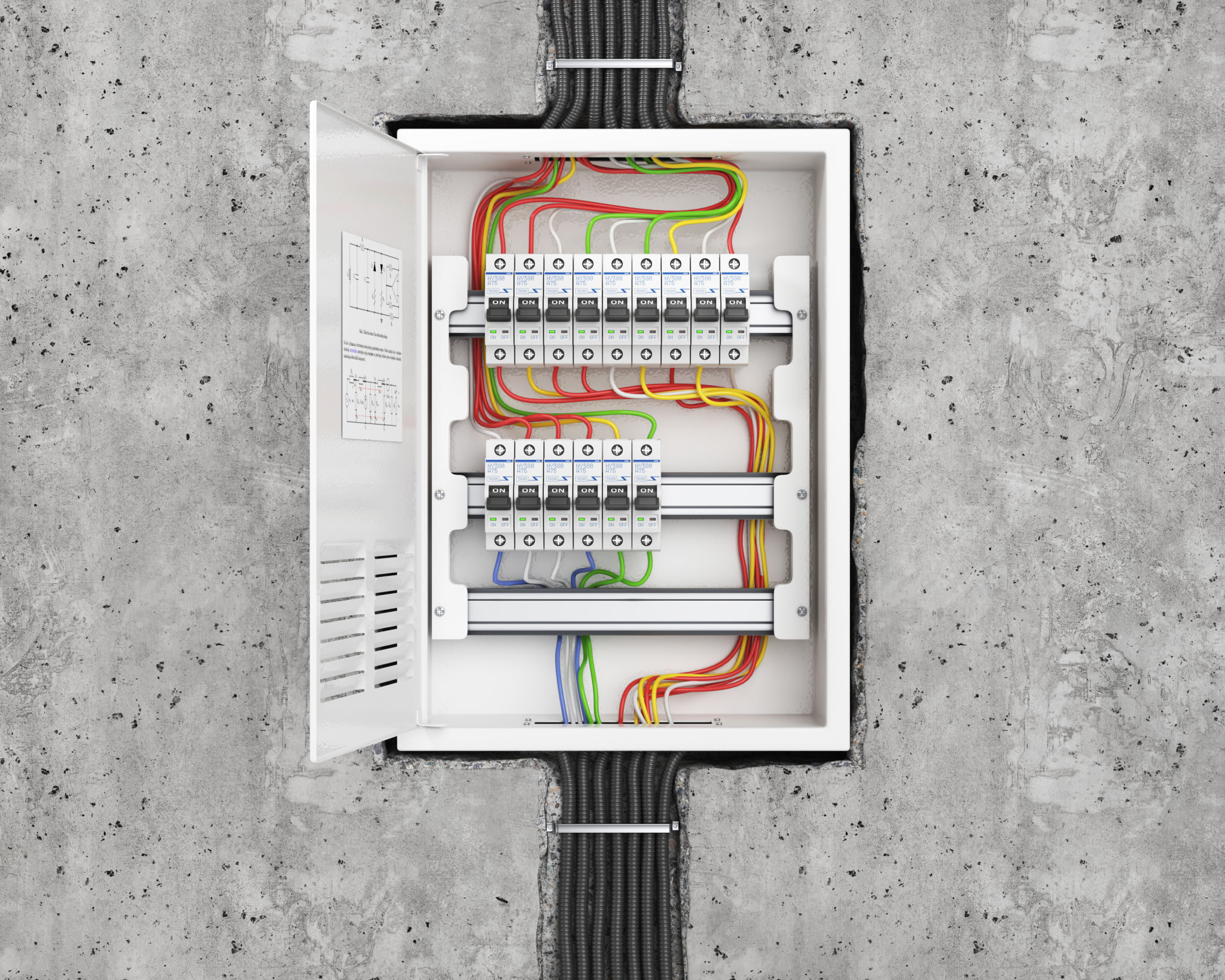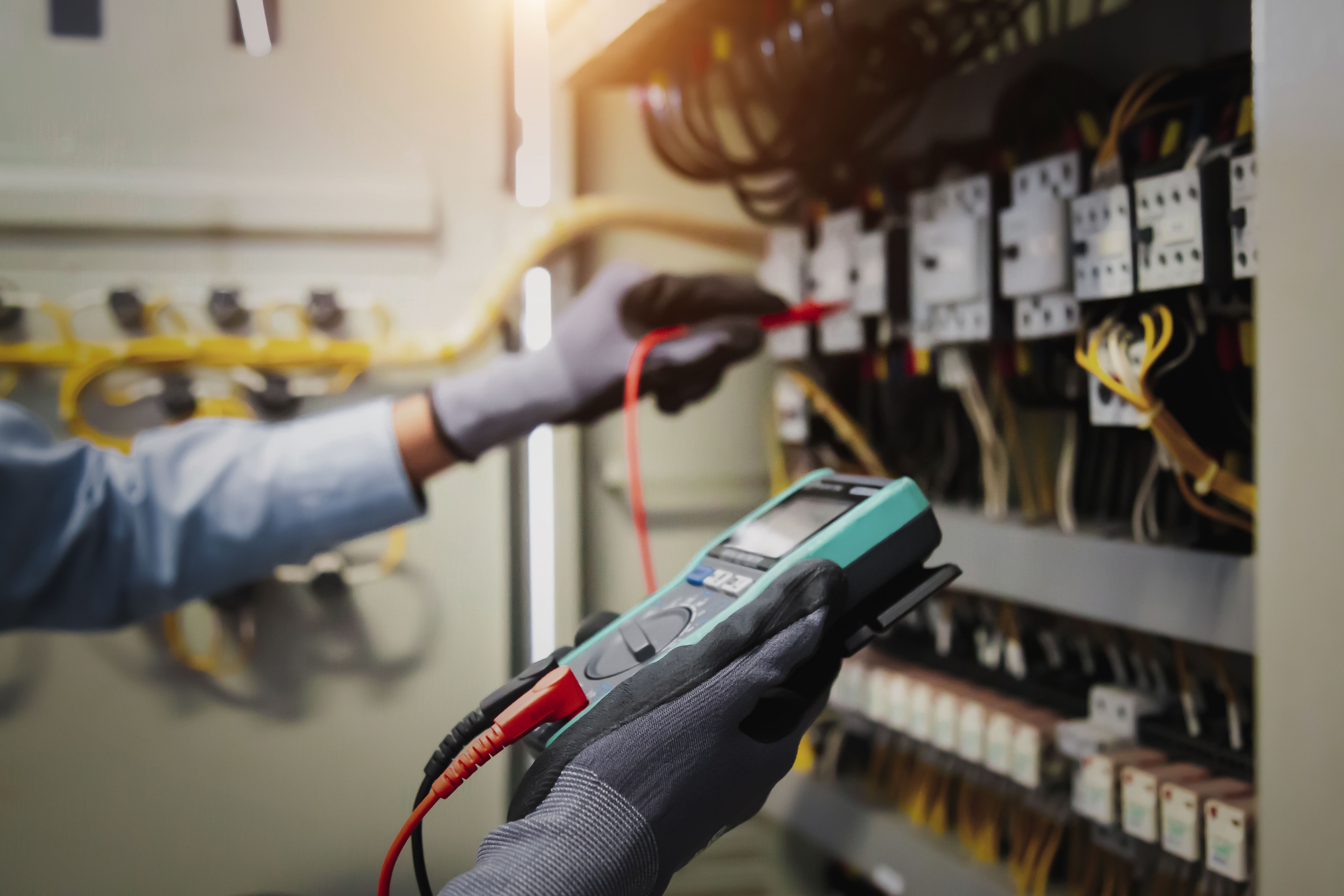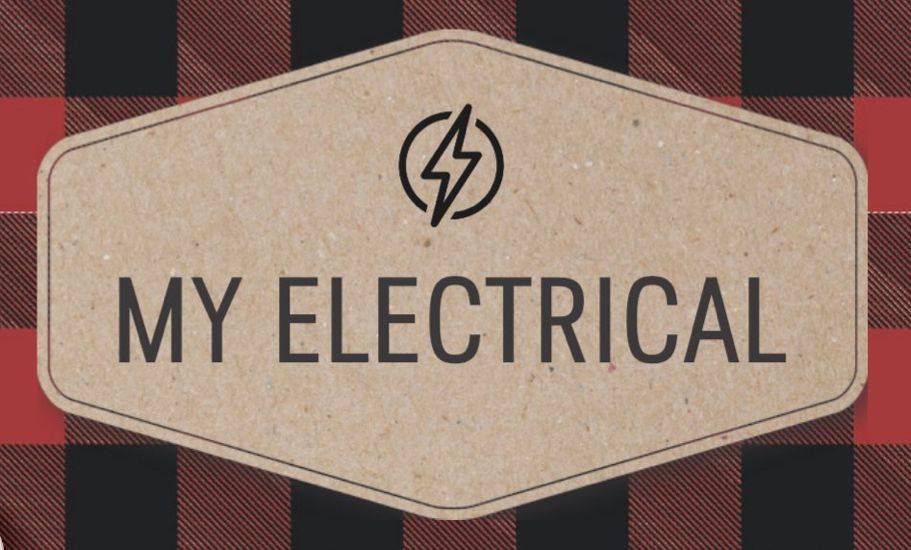DIY Electrical Safety Tips for Homeowners in Ottawa
Understanding Your Home's Electrical System
Before diving into any DIY electrical projects, it's crucial for homeowners in Ottawa to have a basic understanding of their home's electrical system. This includes knowing where the main circuit breaker panel is located and how to safely turn off power when necessary. Familiarizing yourself with the electrical layout of your home can help prevent accidents and ensure your safety.
Each circuit breaker in your panel controls the power to specific areas of your home. Labeling these breakers clearly can save time and confusion during repairs or maintenance. Always remember to switch off the power at the breaker before starting any electrical work.

Essential Safety Gear
Safety gear is a non-negotiable part of any DIY electrical project. Equip yourself with insulated gloves, safety goggles, and rubber-soled shoes. These items provide an essential layer of protection against potential electrical shocks and injuries.
Additionally, using insulated tools is highly recommended. Tools designed for electrical work are specially insulated to prevent the transmission of electricity, reducing the risk of shock.
Common DIY Electrical Projects
Some electrical tasks are suitable for DIY enthusiasts, while others are best left to professionals. Common projects that homeowners can safely handle include replacing light fixtures, installing dimmer switches, and changing outlets. Always ensure you have the proper tools and knowledge before starting.

For more complex projects, such as wiring new circuits or installing major appliances, professional assistance is advised. Attempting these tasks without proper expertise can be dangerous and may violate local building codes.
Preventing Overloads and Short Circuits
Overloads and short circuits are common electrical issues that can lead to serious hazards if not addressed. To prevent these problems, avoid plugging too many devices into a single outlet. Use surge protectors and power strips to safely distribute electricity across multiple devices.
Regularly inspect cords and outlets for signs of wear or damage. Frayed wires or scorch marks around outlets can indicate potential problems and should be addressed immediately.

When to Call a Professional
Knowing your limits is an important aspect of DIY electrical work. If you encounter issues that are beyond your expertise, it's vital to call a licensed electrician. This includes situations involving circuit breaker malfunctions, frequent tripping, or any signs of electrical fire hazards.
Professional electricians are equipped with the experience and tools needed to handle complex electrical systems safely and effectively. Investing in their expertise not only ensures your safety but also helps maintain the integrity of your home's electrical system.
Staying Informed on Local Regulations
Finally, staying informed about local building codes and regulations in Ottawa is essential for any homeowner undertaking electrical projects. Compliance with these regulations ensures that your home remains safe and that any work done is up to standard.
Before starting any major project, research relevant codes or consult with professionals to ensure you're in compliance. This can prevent potential legal issues and ensure the safety of your household.
